There are few places in life where we expect privacy. A doctor's office. One's own home. And one might also think of a sports locker room as a place where a pre-game speech may be given without public scrutiny. However, a recent Texas case throws doubt into just how much privacy coaches at public schools should expect in their locker rooms.
In Long v. State, 469 S.W.3d 304 (Tex. Ct. App. 2015), the Texas Court of Appeals held that a public school basketball coach did not have a reasonable expectation of privacy that his halftime and post-game locker room speeches would not be surreptitiously recorded. This was good news for Wendee Long, who had been convicted of violating the Texas wiretapping law by secretly recording her daughter's basketball coach locker room speeches to substantiate reports that he was verbally abusing the team.
Here's the instant replay. In 2011, Lelon "Skip" Townsend was hired as basketball coach for the Argyle High School girls' basketball team. Wendee Long, a school board member, heard reports that Townsend berated and belittled players during practice. On February 7, 2012, Long had her daughter (a former basketball team member) tape an iPhone to the inside of a locker in the locker room that the Argyle team was using during an away game. The iPhone recorded portions of Townsend's halftime and post-game speech (which, as an aside, apparently displayed no evidence of any verbal abuse). Long then distributed the recording to the school's assistant principal and other members of the school board.
The recording eventually made its way to the superintendent, who was apparently not a fan of the private taping and turned it over to the police. In June of 2012, Long was charged, among other things, under two provisions of Texas's criminal wiretap statute for intentionally recording and disclosing oral communications "uttered by a person exhibiting an expectation that the communication is not subject to interception under circumstances justifying that expectation." The jury agreed with the State, and in September of 2013 found Long guilty of unlawful interception of an oral communication. Long was sentenced to five years in prison(later reduced to three years' probation) and a small fine. Ouch.
Calling a timeout, Long appealed in October 2013. She argued that Coach Townsend's talks to the team were public speech, meaning he had no justifiable expectation of privacy in what he said, nor a justifiable expectation that his communication was not subject to interception. And on June 30, 2015, the Texas Court of Appeals agreed. The court determined that the Texas statute (much like the equivalent federal statute) only protects communications made under circumstances justifying an expectation of privacy. To make this determination, the court looks to two factors: First, did the person exhibit a subjective expectation of privacy? And second, if so, is that subjective expectation one that society is willing to recognize as reasonable?
The court reviewed the multiple cases holding that public school teachers have no reasonable expectation of privacy in the classroom setting. This is because communications in a classroom are expected to be overheard and repeated to other students, parents, and administrators. The court determined that, in this respect, a public school basketball coach is essentially the same as a teacher: they are both educators, aiming to train and prepare students for the future.
Therefore, the court held that society is not willing to recognize that a public school coach has a reasonable expectation of privacy in his or her instructional communications and activities "regardless of where they occur, because they are always subject to public dissemination and generally exposed to public view." The court rejected the State's primary argument that a coach is not like a classroom teacher because a coach's main goal is to achieve success in sports. It also rejected the argument that the nature of a coach's interaction with his team on game day is in a closed locker room, therefore making it private. Even if the locker room is technically a private space, the court still maintained that Townsend was providing educational instruction in a space occupied by student-athletes for the purpose of receiving instruction.
Because the court found that Townsend did not have a justifiable expectation of privacy in his halftime and post-game locker room speeches, Long was acquitted of the charges.
But don't sound the buzzer just yet. In July 2015, the State cried foul and appealed to the Texas Court of Criminal Appeals, the highest criminal court in Texas, seeking to have the appellate court's ruling overturned. The State maintains that the appellate court misconstrued the scope of the wiretap statute and that Townsend was entitled to an expectation of privacy. The high court heard oral argument on April 6, 2016, and has yet to rule.
Other than deciding whether Wendee Long will be a convicted felon, the court's final judgment will also help answer some thought-provoking issues. Should a parent have the right to hear all communications between a coach and a sports team? Does this really mean that planting a recording device in a school locker room is acceptable in all cases? Should public universities now be worried about who may be listening in on gameplay strategy? Will all inspirational pep talks now be in the public domain? Waiting on the sidelines, we will be watching for the court's answer to at least some of these questions.

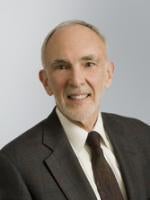

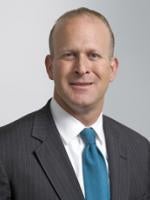
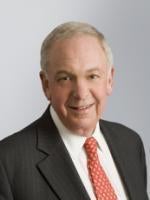
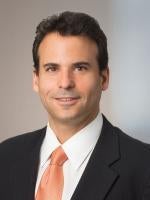
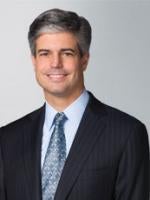

 />i
/>i
